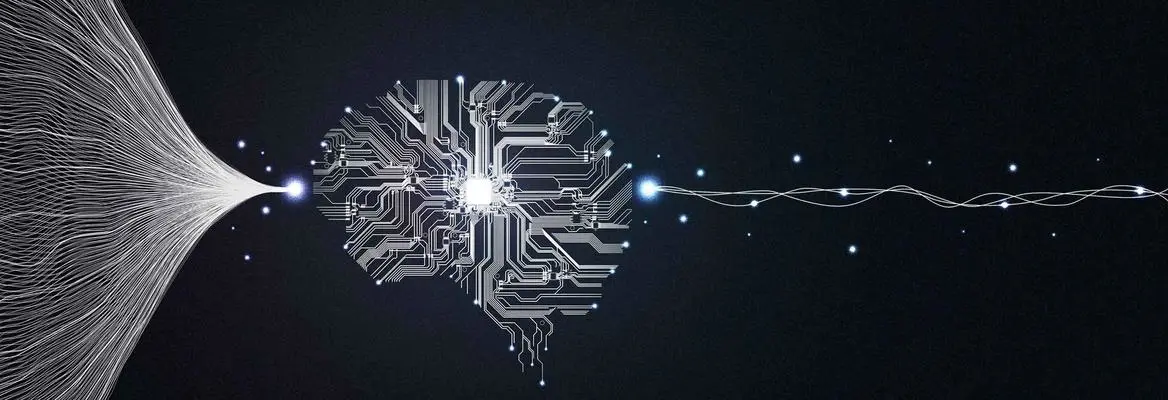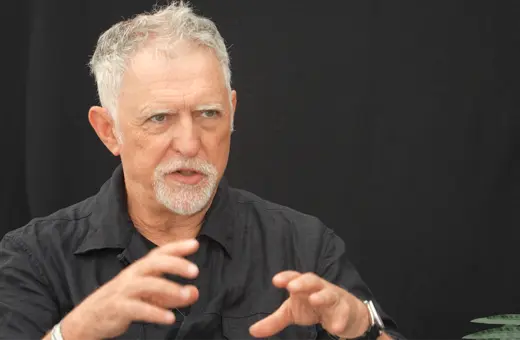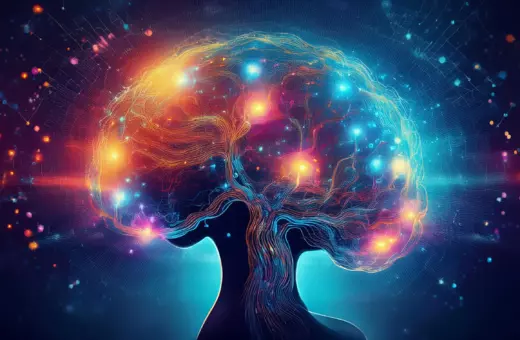Our inability to explain consciousness and intentionality is an entirely modern problem. Before the modern epoch, very few would have thought it sensible to ask whether it was the soul or the organism to which mental acts belonged, argues David Bentley Hart. Since every attempt to fit mental phenomena into a physicalist narrative must prove a failure, we should consider revising our governing physicalist paradigm.
Despite rumors to the contrary, there is no such thing as an empirical science of consciousness. Nor could there be. There are, of course, cognitive sciences, and our knowledge of the correlations between certain mental states and certain brain states is advancing at a fairly persistent pace. But correlation is not causation; and here the two sides of the correlation are so qualitatively unlike one another that all that empirical investigation can tell us is that minds and bodies are not functionally separable in our normal experience (which, frankly, we already know). But consciousness simply cannot be explained by the mechanics of sensory stimulus and neurological response, because neither stimulus nor response is, by itself, a mental phenomenon; neither, as a purely physical reality, possesses conceptual content, intentional meaning, or personal awareness. The two sides of the correlation simply cannot be collapsed into a single observable datum, or even connected to one another in a clear causal sequence, and so not only can the precise relation between them not be defined; it cannot even be isolated as an object of scientific scrutiny. An electrical pulse is not a thought or a sensory impression; or at least, if it is, we have no language for describing—or conceptual grammar for understanding—that arcane identity.
 SUGGESTED READING
Consciousness may not require a brain
By Annaka Harris
SUGGESTED READING
Consciousness may not require a brain
By Annaka Harris
The reason for this is almost banal: consciousness, uniquely, is not a third-person phenomenon available to objective description; it is first-person all the way down. And yet it is an indispensable prejudice of the modern method that a verifiable scientific description must be an entirely third-person narrative of structural and causal connections and correspondences. On principle, it is precisely the first-person perspective that must be subdued, and even ideally banished from our investigations, in order for a properly “scientific” account to emerge from observation and experiment and theory. Any remainder of the pure subjective constitutes only an area of unintelligibility. And this, needless to say, becomes a fairly intractable difficulty when the phenomenon under investigation happens to be subjectivity as such. The problem is one not merely of appropriate scientific technique, but one of logic.
It is also an entirely modern problem. At least, conceptually speaking, it was really not until the seventeenth century that it ever occurred to anyone that there was such a thing as the “mind-body problem. There were, of course, differing models of the relation between the material and mental dimensions of reality; but it was always assumed that the former was inherently disposed to the latter, and shared something of its nature (this was true even of Platonic “dualism”). In Aristotelian tradition, to cite the most obvious example, “soul” (psychē) was understood as at once the rational principle of the body’s form, the source of its life, and the reality of mind or consciousness. It was only in the early modern period that a picture emerged of the physical order as essentially mechanical in nature and so devoid of anything intrinsically “mindlike” in its structure. And in time, despite its ungainliness, this notion managed to crowd millennia of refined reflection out of cultural consciousness.






















Join the conversation